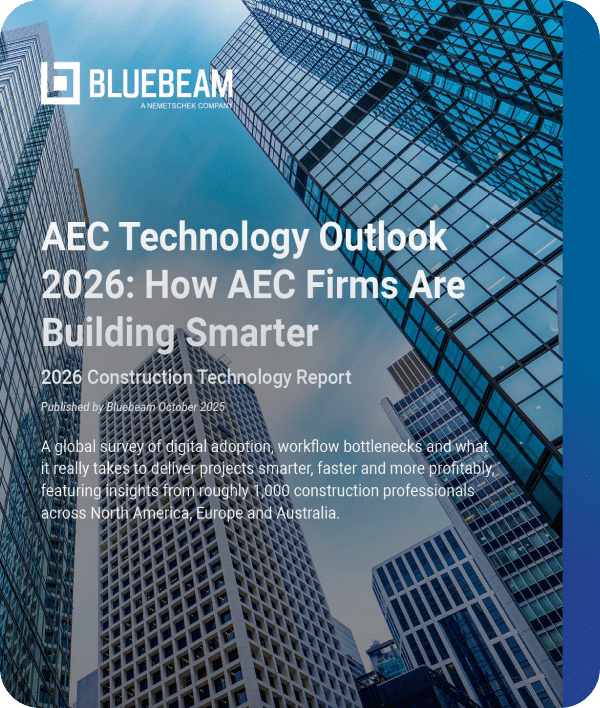Over the past decade or so, as the construction industry has recognized that it has an important role in adopting environmental sustainability practices to help combat climate change, some companies stand out. Columbia Construction Co., in North Reading, Massachusetts, led by chairman and CEO Bruce Gordon, is one of them.
In 2012, Columbia hired a director of sustainability. “Some of the larger national and international firms can probably say they had a dedicated person before we did, but for a firm of our size, we were early in sustainability efforts,” Gordon said.
Columbia also supplies electric vehicles (EVs) for company business use and EV parking stations at its headquarters and in the field. And this year, the company announced that it will pay employees $2,500 toward the purchase of an EV. That’s on top of committing to reducing its use of fossil fuels by 50% by 2030 and eliminate them entirely by 2050.
Built: How did you get into the construction industry?
Gordon: I was exposed to three different fields as a kid. An uncle on my mother’s side was head of Columbia, which my grandfather started in 1925. An uncle on my father’s side had a retail company somewhat like a smaller version of Costco, and my father was a pharmacist and owned a pharmacy with another uncle. Growing up, I worked in all three businesses, and after college all three relatives wanted me to work for them. Construction was the most interesting, and that’s the one I chose. I started as a laborer and worked my way up.
Built: Did someone inspire you as well?
Gordon: Actually, my mother. The grandfather who started the company had three daughters and a son, the one who eventually took over the business. But my mother helped her father a lot in the business. She’d assemble the bids or bring the payroll to the jobs, for example, and I rode along at an early age. By high school I was helping her.
Built: What’s the best advice you ever got about this industry?
Gordon: Be fair, be honest and treat people right. All you really have in this business is your reputation, and if you don’t stand by that, you will be in trouble.
Built: What advice do you have for people looking to follow in your career footsteps?
Gordon: First, make sure you’re cut out for construction and you’re not doing it for the wrong reasons. It’s not for the faint of heart. If you want to run a business at some point because you think you’re going to make a lot of money, you’re going to fail. Second, you not only need to know how the business works and love the field; you also need to understand things like insurance and finances. And third, you really have to like people.
Built: What do you think is the most pressing issue facing the construction industry?
Gordon: Beyond labor, the cost of construction. Take apartments, for example. Rents are out of reach, at least in the Northeast, but that’s a reflection of construction costs. So you’re going to see more specialized projects being built, whether it’s manufacturing or laboratories or health care―things that are not plain vanilla.
Built: What keeps you up at night as an executive?
Gordon: Again, the cost of construction, because it directly relates to the volume of business in the marketplace, and when that decreases so dramatically, everybody’s fighting over the same pie. It becomes a very difficult environment to work in.
Built: How do you structure your time to fix the most important issues you face in your role?
Gordon: When I came into the office from the field, we were a small company. I do two things now that we’re much larger. One is to offload a lot to executives so that they can run their own arena, freeing up my time. The other is to assemble a small group of very smart people to examine whatever challenge we may be wrestling with and try and work on a solution, whether it solves the problem or narrows the issue. Typically our issues are not unique to the industry, and other firms are wrestling with the same thing, so hopefully a lot of brain power focused on the challenges will provide a better outcome.












